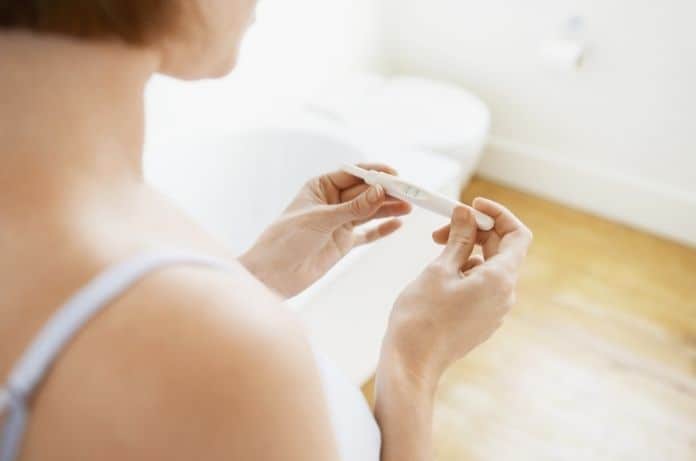Taking a pregnancy test can be a daunting experience, no matter what you want the results to be. The more confident you are in how the test works and how accurate the results are, the more prepared you’ll be to take the test and plan your next steps. Before you head to your local pharmacy or drugstore, check out this rundown of what to know about over-the-counter pregnancy tests.
The Advantages of a Home Pregnancy Test
Is a home pregnancy test the best option? There are several advantages to taking an over-the-counter pregnancy test instead of waiting for your next doctor’s visit. One of the biggest reasons is affordability. Home pregnancy tests are cheap and accessible for pretty much everyone. Plus, you can take your test from the comfort and privacy of your home instead of scheduling an appointment and traveling to your doctor’s office.
Best of all, over-the-counter pregnancy tests are incredibly reliable. Most of the time, your home pregnancy test will be as accurate as a test you’d take at the doctor’s office.
How Pregnancy Tests Work
Pregnancy tests identify the human chorionic gonadotropin (hCG) hormone, which only occurs in pregnant women’s bodies. Over-the-counter pregnancy tests are an example of lateral flow immunoassays. Components within the test strip react with your urine sample to display a positive or negative result. If the hCG hormone is in your body, the sample will react differently (and thus create a positive display) than a sample that doesn’t contain the hormone.
False Positives or False Negatives
When learning what to know about over-the-counter pregnancy tests, many women ask about false positives or false negatives. These inaccurate results are possible but rare. Most medications—like antibiotics or birth control—won’t affect your result. Similarly, drugs and alcohol won’t alter the results of an over-the-counter pregnancy test.
When false positives occur, they’re often the result of a fertility drug. Many fertility drugs contain hCG, so talk to your health-care provider before relying on test results while taking fertility drugs.
False negatives are slightly more common. You might see a false negative result if you take the test early in the pregnancy when your body hasn’t made a large amount of hCG. It’s best to take your pregnancy test at least one week after your first missed period. Diluted urine can also dilute the amount of hCG in your sample and lead to a false negative. For more accurate results, take your test when you first wake up in the morning before drinking any water.






